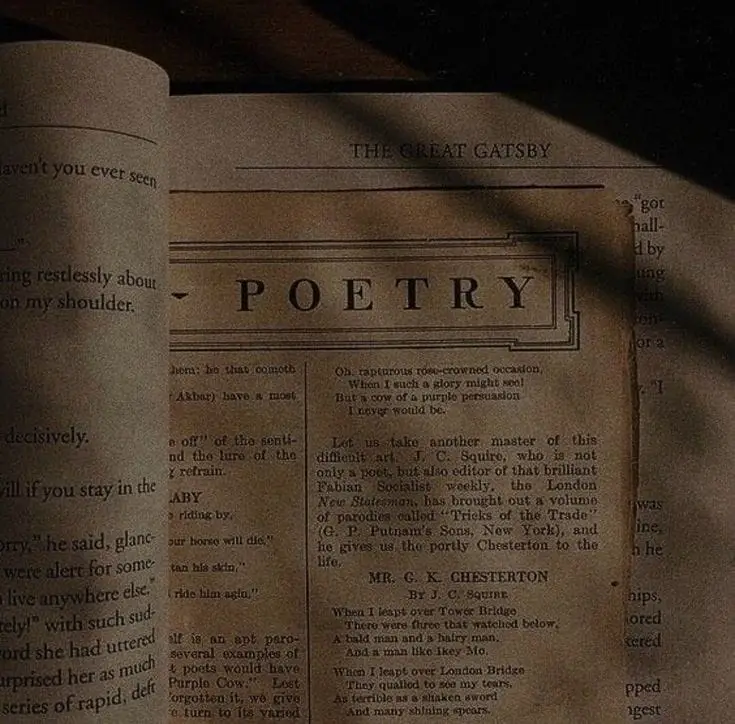Can song lyrics ever be held at the same esteemed position as literature? What defines either of them, and what sets them apart? Both are composed of words, emotions, and a certain vibe. Both are shaped by political atmosphere, societal leanings, and what is fondly known as ‘the times.’
Many would argue that songs could never take over the pedestal that poetry occupies, and many others would say that music is a different world altogether.
“Songwriters are not poets,” Simon Armitage, one of UK’s most popular poets wrote, “Or songs are not poems, I should say. In fact, songs are often bad poems. Take the music away and what you’re left with is often an awkward piece of creative writing full of lumpy syllables, cheesy rhymes, exhausted clichés and mixed metaphors.”
With Bob Dylan’s recent acquisition of the Nobel Prize for Literature, Armitage’s stand has come under serious attack, and the rigid structures which confine creative art took a significant hit. When we get down to the logistics of it all, lyrics and literature both manoeuvre words to elicit emotion from the intended recipient of the said ‘art.’
There have been a lot of arguments about the validity of a musician being awarded this prize, and many people argue that Dylan’s music has the same impact as any socially fuelled poetry. Dylan has earned recognition in the counterculture movement that brought down war and institutionalised racism in the mid-century United States. His response to the control stratagems of the US government, and other power infused institutions was felt in the lyrics of songs like, ‘Blowin in the wind,’ ‘The times they are a-changin,’ and ‘Masters of war.’
If the main purpose of literature is impact, then music, by all means, is literature; because the words, combined with melody, and an intended structured flow of emotional matter, contribute to the society by making a great impact. If literature is about addressing issues that are pertinent and/or questionable, music does that too, in different, relatable ways. There are a lot of proponents of lyrics and music, who believe that the impact left behind by music is akin to, or far greater than, books. While people might choose not to delve into the mysterious and exciting world of literature, music is auditory, and thus, simpler to comprehend.
There are a lot of forms of music that work with the exact same principles as any hard hitting novel or piece of writing. The best example would be rap music. While rap music can be crass, demeaning, and misogynistic, there are a lot of rappers who, through this medium, have succeeded in expressing the woes of a social demographic and the stigmas that come along with certain social stratas, and most rappers delve into personal lives, and lay them down in lyrical essays, that could be extremely triggering, or understandable. The best example of this would be Eminem, or Tupac.
Rap has some literary roots – such as Sixties radicals ‘The Last Poets’ and Gil Scott Heron, writer of The Revolution Will Not Be Televised, who began his career as a novelist – but rap artistes tend not to wear their literary ambitions on their sleeves in the way that Bob Dylan’s generation of coffee house wordsmiths did. There was two-way traffic between the literary and musical worlds, which began with the Beat Poets. Leonard Cohen, a published poet, slid effortlessly into the role of folk balladeer and John Lennon published a volume of nonsense verse, In His Own Write.
If we analyse the words themselves, there is a lot of music out there that talks about important issues, and manages to manifest the exact sentiments that the artists wanted to portray. It doesn’t have to be side-lined genres of music either. There are a lot of popular songs that hit at the heart of social issues like body shaming or mental health. A good example would be the lyrics of Linkin Park songs. With the demise of Chester Bennington, a good look at Linkin Park lyrics is warranted, and an inspection of the tone of the verses justified.
Songs like Numb are very symptomatic of familial discord, leading to depression and social anxiety. There is a strain of typical teenage rebellion, that is portrayed by the positioning of words in the song. Because of the structuring of the verses, the song reveals itself to be a sort of negative modern-day bildungsroman, where the child doesn’t really assimilate growth in a positive sense.
Bennington’s lyrics read as a saga of hopelessness and dread coming of age truths, that coupled with foot-tapping beats succeed in capturing ears, riveting minds, and enthralling fans. But in the end, does it even matter, if music is not even going to be counted as a form of literature that has a huge impact on the audience.
However, having made that argument, it is also prudent to mention that not all music can be considered good literature. It would be unwise to compare the lyrics of a ‘Stressed out’ by Twenty One Pilots to a ‘Stupid Hoe’ by Nicki Minaj. There are a lot of artistes who might not make too much sense in the lyrics department, but kill it with the spot-on music and beats, but there are other artistes who weave magic with their words itself. This is very similar to spoken word poetry which goes along with music, but it is the words which are of key (pun intended) importance.
ENG 101 tells us that the earliest poems and epics were sung, recited or performed, designed to entertain or honor the state. Only with the advent of printed word could there be a distinction between what was read and what was heard.

